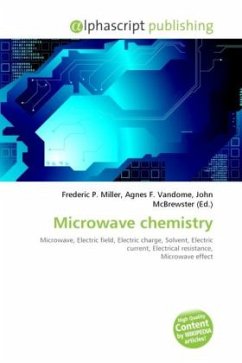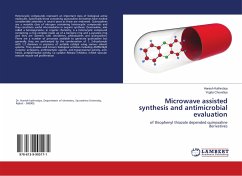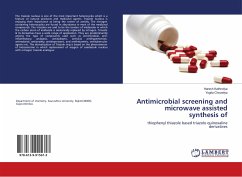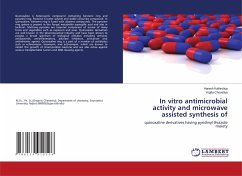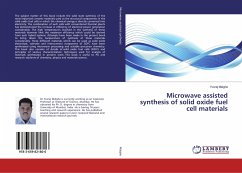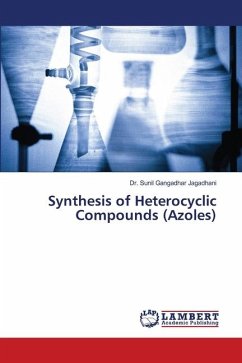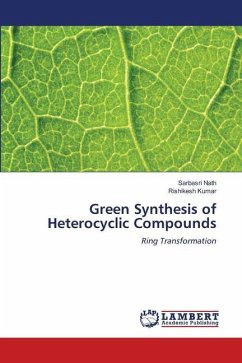High Quality Content by WIKIPEDIA articles! Microwave chemistry is the science of applying microwave irradiation to chemical reactions. Microwaves act as high frequency electric fields and will generally heat any material containing mobile electric charges, such as polar molecules in a solvent or conducting ions in a solid. Polar solvents are heated as their component molecules are forced to rotate with the field and lose energy in collisions. Semiconducting and conducting samples heat when ions or electrons within them form an electric current and energy is lost due to the electrical resistance of the material. Microwave heating in the laboratory began to gain wide acceptance following papers in 1986, although the use of microwave heating in chemical modification can be traced back to the 1950s. Although occasionally known by such acronyms as 'MEC' (Microwave-Enhanced Chemistry) or MORE synthesis (Microwave-organic Reaction Enhancement), these acronyms have had little acceptanceoutside a small number of groups.

